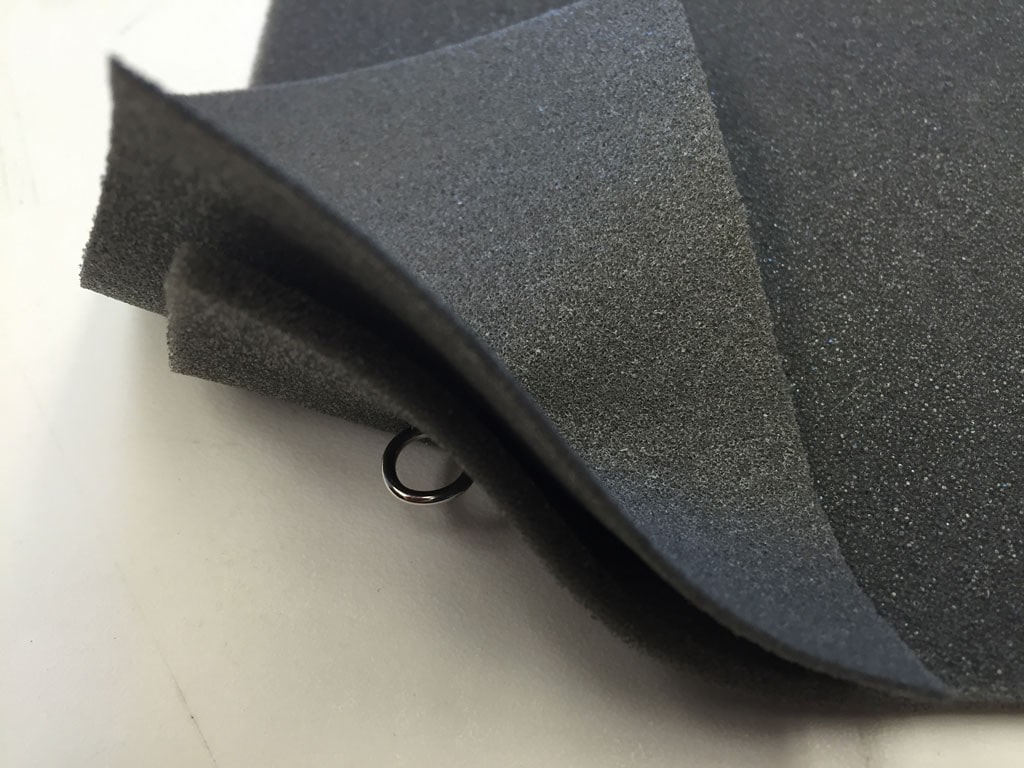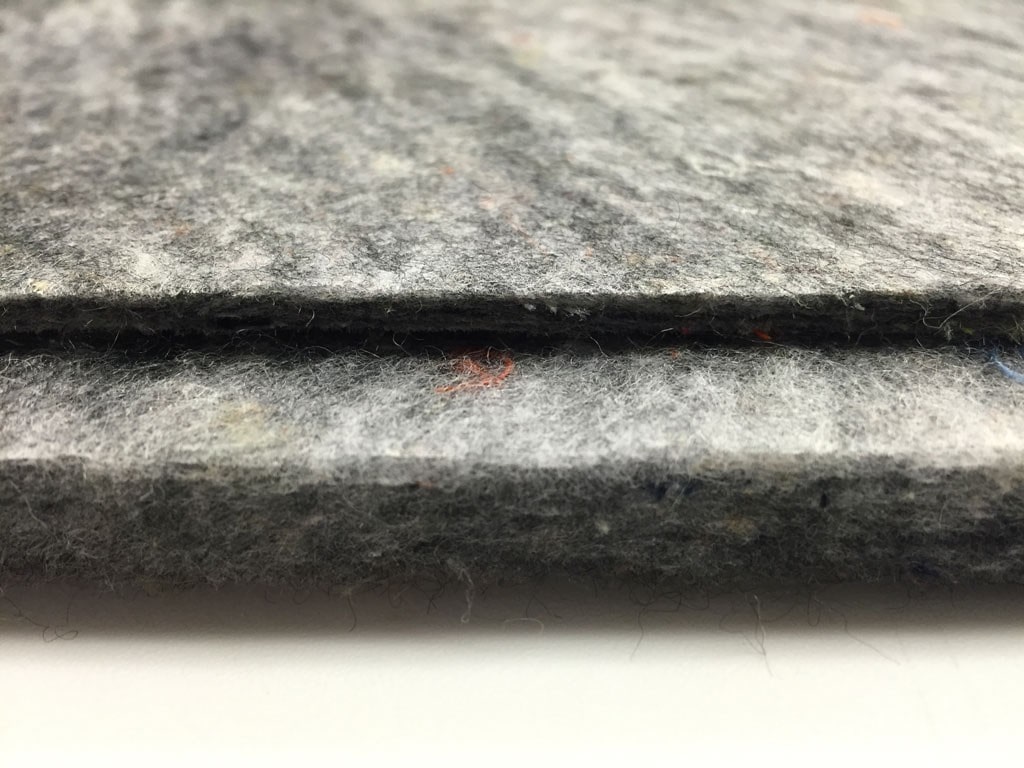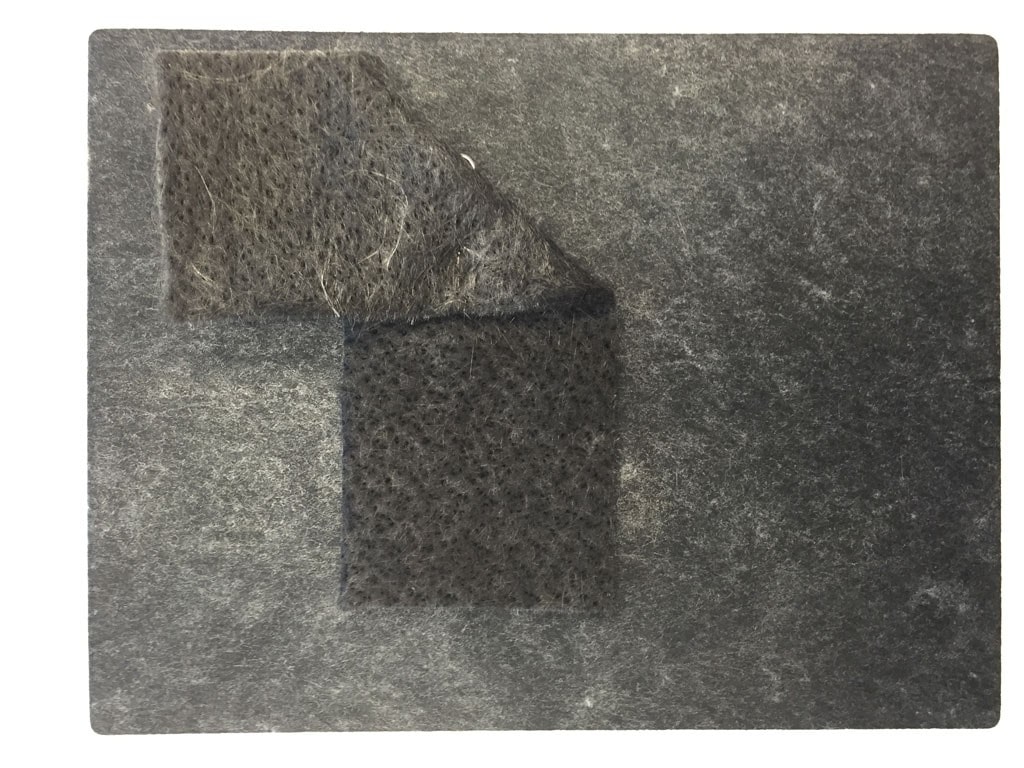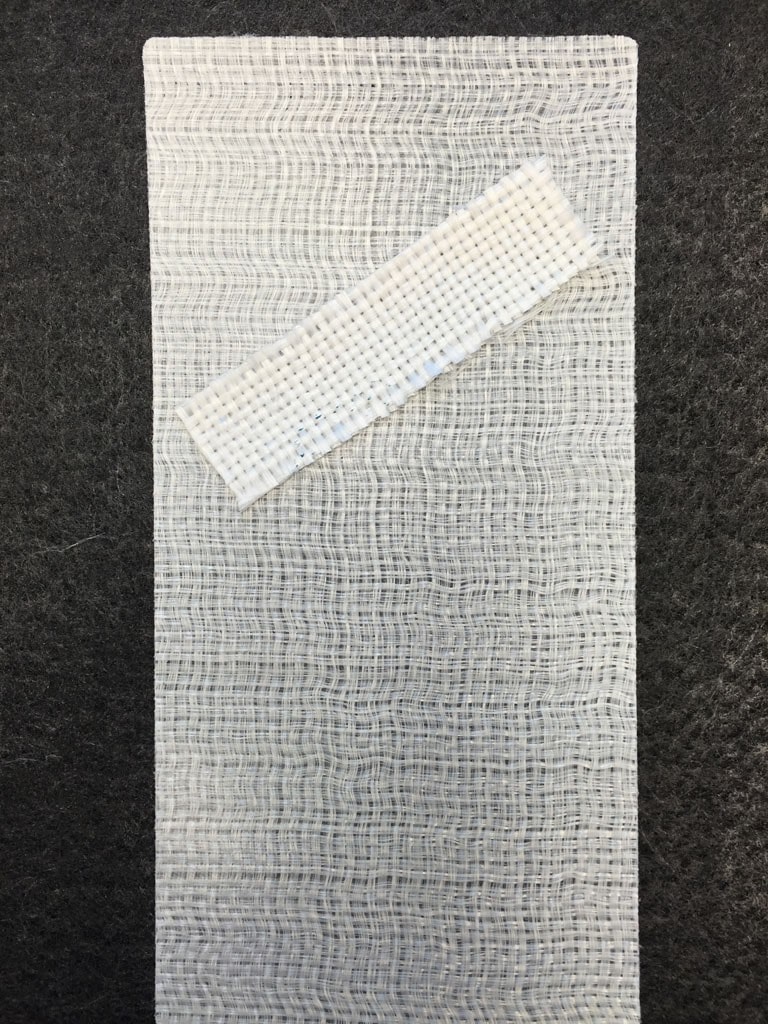Consolidation / Heat Setting
-
Understanding Flatbed Consolidation and Heat Setting:
Flatbed consolidation refers to the process of applying pressure to a material in a controlled manner, using a flatbed surface. On the other hand, heat setting involves the application of heat to stabilize and shape a material. When combined, these two techniques provide exceptional control over the properties and structure of materials, making them ideal for a wide range of applications.
-
Unleashing the Potential:
Materials that Benefit from Flatbed Consolidation and Heat Setting:
2.1 PP & Glass Needled Fiber:
Flatbed consolidation and heat setting enable the manipulation of PP & Glass Needled fiber, optimizing its strength, durability, and dimensional stability. This process helps create high-quality composite materials, ensuring enhanced performance and reliability in various industries such as automotive, aerospace, and construction.
2.1 Fiberglass Textiles:
By subjecting fiberglass textiles to flatbed consolidation and heat setting, manufacturers can achieve precise control over the fabric’s strength, surface finish, and dimensional stability. This empowers industries like marine, infrastructure, and wind energy to benefit from superior fiberglass composite products that meet stringent requirements.2.3 PET Shoddy / Felt:
Flatbed consolidation and heat setting offer exceptional opportunities for PET Shoddy / Felt applications. These techniques enhance the thermal stability and resilience of PET-based materials, making them ideal for applications in furniture, insulation, and automotive sectors, among others.
2.4 Polyurethane Foam:
With flatbed consolidation and heat setting, polyurethane foam can be precisely shaped and stabilized, resulting in improved mechanical properties and enhanced product performance. Industries such as furniture, bedding, and automotive can take advantage of the increased durability and comfort that this process offers.
2.5 Other Thermally Set Materials:
The beauty of flatbed consolidation and heat setting lies in its versatility. This process can be applied to a wide range of thermally set materials, including but not limited to, natural fibers, synthetic fibers, composites, and specialized textiles. From aramid fibers to carbon composites, this technique empowers manufacturers to unlock the true potential of their materials.
- Advantages of Flatbed Consolidation and Heat Setting:
•Enhanced precision control:
The combination of flatbed consolidation and heat setting enables manufacturers to achieve precise control over material properties, resulting in consistent and high-quality products.•Improved strength and durability:
The process enhances the strength and durability of materials, making them suitable for demanding applications that require structural integrity.•Dimensional stability:
Flatbed consolidation and heat setting minimize dimensional changes in materials, ensuring they maintain their intended shape and size under varying conditions.•Tailored material properties:
Manufacturers can customize the properties of materials, such as stiffness, flexibility, and surface finish, to meet specific application requirements.•Efficient production:
By optimizing the consolidation and heat setting processes, manufacturers can improve production efficiency and reduce waste, resulting in cost savings.
Available Products:
Consolidation / Heat Set Products :
- Contract (consignment) or Vendor of record (VOR) heat setting services
- Typical materials requiring heat setting
–PP & Glass Needled fiber
–PP & Fiberglass Textiles
–PET Shoddy / Felt
–Polyurethane foam
–Other – Any material designed to be thermally set
Typical Markets & Applications:
- Automotive
- RV, Military
- Commercial Vehicle
- Industrial – Various applications where tight tolerances for heat set materials are required.
HR Tech Advantage:
- Certified Minority Company
- Customized solutions to meet your customer specific requirements
- Thickness control to .25mm (.01”)
- Made in the USA




